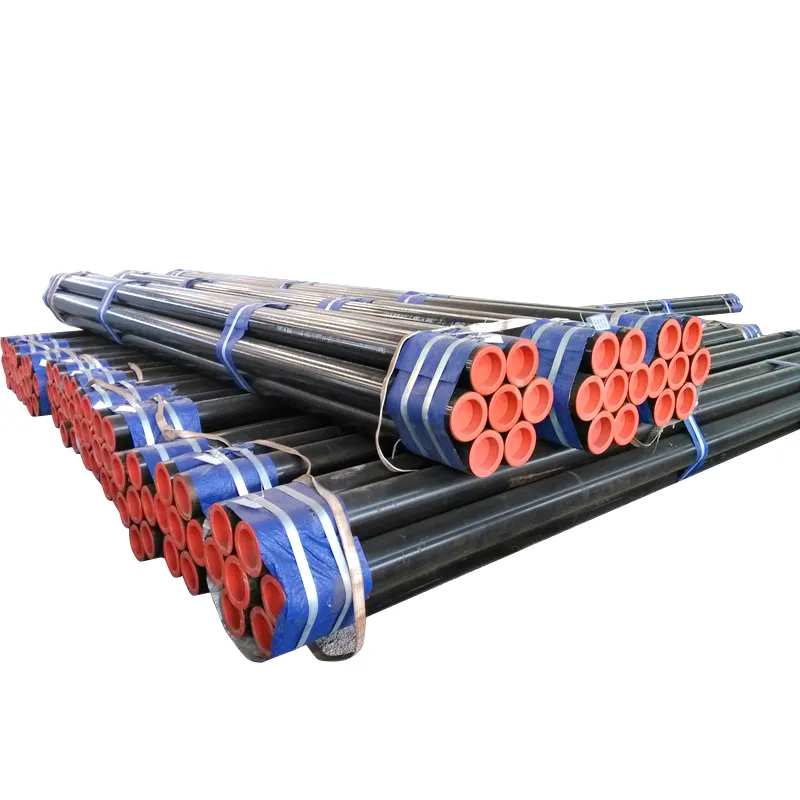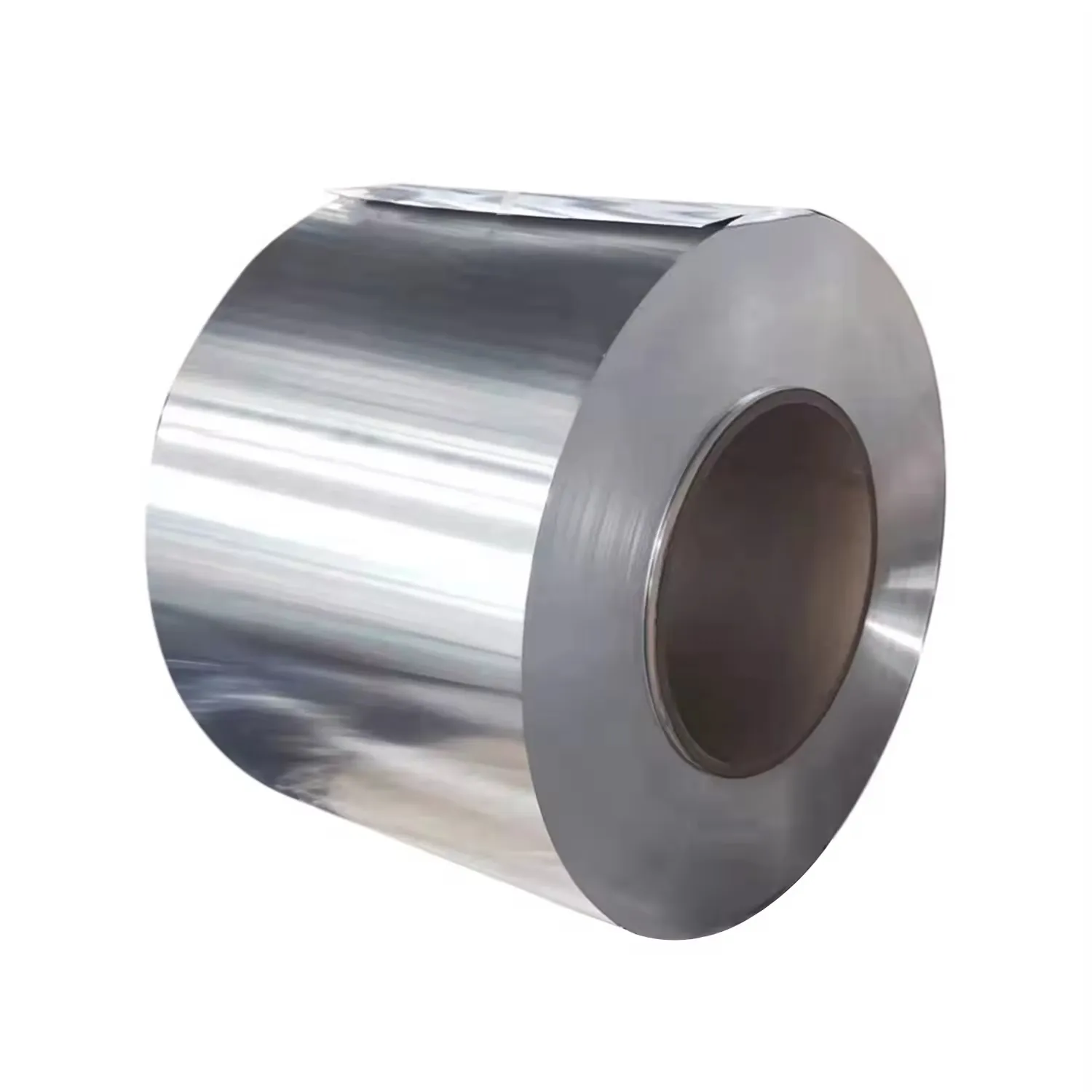Boiler seamless steel pipe is a critical component in steam generation systems, subject to high temperatures (300–600°C) and pressures (10–30 MPa), requiring strict compliance with safety and performance standards. Manufactured from high purity alloy steels like GB 5310 20G (China), ASTM A179 (USA), or EN 10216 2 16Mo3 (Europe), these pipes feature low sulfur/phosphorus content (≤0.025%) to prevent embrittlement and fine grained microstructures for optimal creep resistance. The seamless process—hot rolled followed by cold drawing for precision—ensures uniform wall thickness and internal cleanliness, essential for preventing scale buildup in high temperature applications. Key tests include: 1) high temperature tensile tests (verifying yield strength at service temperature); 2) hydraulic tests (1.5x working pressure for 5 minutes); 3) grain size analysis (ASTM E112, Grade 5–8 for consistency). Surface treatments are minimal (bare or protective oil coating) to avoid contamination, though some boilers use internal oxidation resistant coatings (aluminum silicon alloy) for extended service life. Applications span power plant superheaters, industrial boiler tubes, and waste heat recovery systems, where failure could lead to catastrophic accidents. Compliance with standards like ASME BPVC Section I (Power Boilers) is mandatory, requiring manufacturers to maintain rigorous quality records and undergo periodic audits to ensure material traceability and structural integrity under extreme operating conditions.


